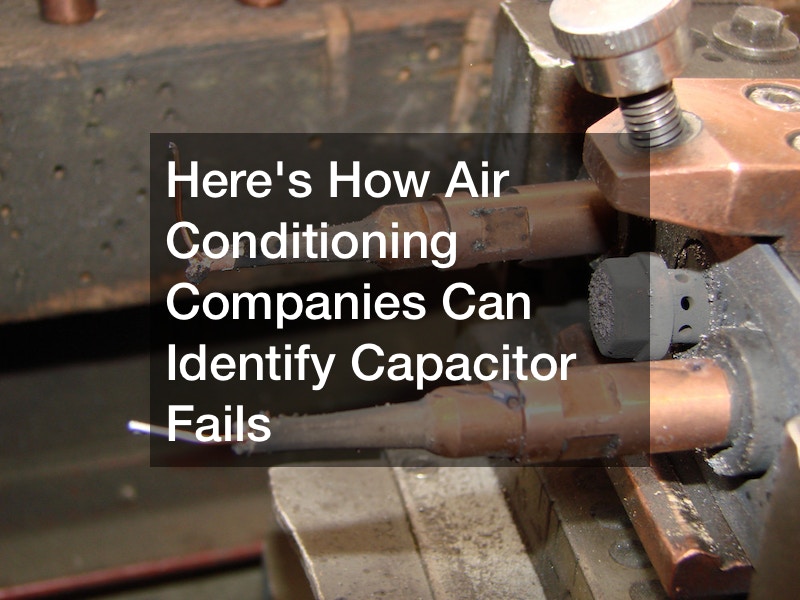Identifying capacitor failures is crucial for air conditioning companies to ensure efficient operation and prevent system breakdowns.
Air conditioning technicians start by visually inspecting the capacitors for signs of damage or leakage. They check for bulging or leaking capacitors, which are clear failure indicators.
Burn marks or discoloration on the capacitor may also suggest a malfunction.
Technicians use specialized equipment to measure the component’s capacitance. A significant deviation from the manufacturer’s specifications indicates a failing or faulty capacitor. Capacitance tests help determine whether the capacitor can effectively store and release electrical charge.
Proper voltage supply is crucial for capacitors to function correctly. Technicians test the voltage across the capacitor terminals to ensure it matches the rated voltage. A significant deviation from the required voltage can lead to capacitor failure and affect the air conditioning system’s performance.
Capacitors are vital for starting electric motors in air conditioners. If the compressor or fan motor experiences difficulty starting or exhibits irregular functioning, it could indicate a failed capacitor.
Air conditioning companies emphasize regular maintenance to avoid sudden capacitor failures. Periodic inspections and tune-ups help identify potential capacitor issues early on, allowing technicians to replace them proactively and prevent more extensive system damage.
Additionally, if a capacitor failure is detected, experienced technicians promptly replace the faulty component with a new, high-quality capacitor. They ensure it matches the air conditioning system’s specifications and provides reliable performance.
.

